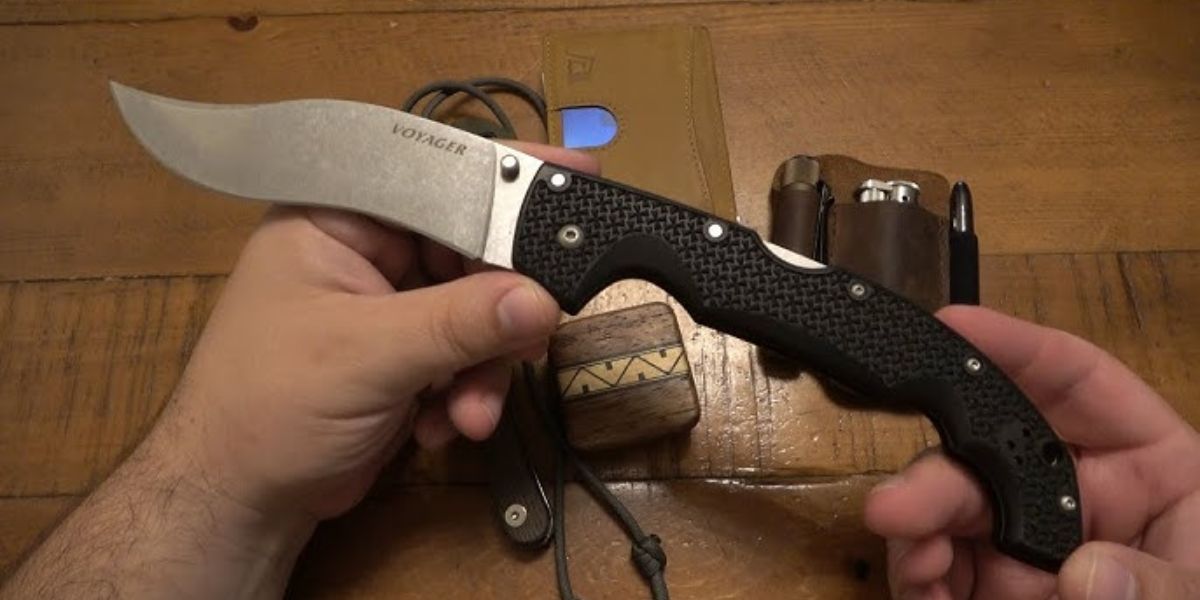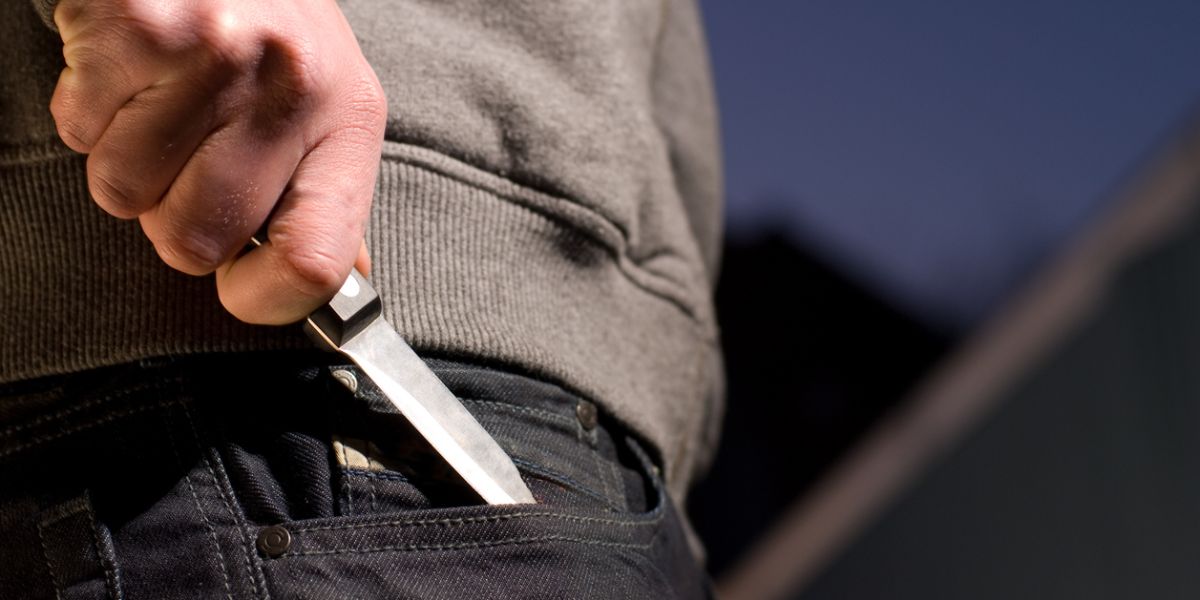In Delaware, as in many states, knife ownership and use are subject to specific laws depending on the type of knife, how it is carried, and where it is used. Whether you’re a collector, outdoor enthusiast, or someone who carries a knife for everyday tasks, it’s important to understand what the law allows and prohibits. This guide outlines your legal rights and responsibilities concerning knives in Delaware.
Is It Legal to Own a Knife in Delaware?
Yes, owning a knife is generally legal in Delaware. Most common knives such as fixed-blade knives, folding knives, and multi-tools are allowed. However, certain knives are restricted, and how and where you carry a knife can determine whether or not you’re within the law.
Types of Knives and Their Legal Status
- Folding Knives – Folding knives, including pocket knives, are legal to own and carry in Delaware. They are commonly carried for practical purposes and are not heavily restricted, as long as they are not carried in a concealed or threatening manner.
- Fixed-Blade Knives – Fixed-blade knives are legal to own. Carrying them in public is allowed, but there are limitations, especially when entering certain areas such as government buildings, schools, or private property with no-weapons policies.
- Automatic Knives (Switchblades) – Switchblades and automatic knives are legal to own in Delaware. However, public carry, especially if the knife is concealed, is subject to restrictions. Carrying an automatic knife without clear visibility or in prohibited locations can result in legal consequences.
- Ballistic Knives –
Ballistic knives, which fire a blade through a spring-loaded mechanism, are illegal to possess in Delaware. These are considered dangerous weapons and are banned under state law. - Stiletto and Combat Knives –
Stiletto knives and combat-style knives are legal to own. While ownership is allowed, using these knives in a threatening or aggressive manner can result in criminal charges.
Carrying Knives in Delaware
- Concealed Carry – Carrying a concealed knife is generally illegal in Delaware. The state does not issue specific permits for concealed knives, so unless you’re on private property where it is allowed, carrying a hidden knife could be classified as illegal concealed carry.
- Open Carry – Open carry of knives is allowed in Delaware. However, openly carrying a large or intimidating knife in public could raise concerns and result in police intervention if it appears threatening or causes public alarm.
Restricted Locations
There are specific places where knives are not allowed, regardless of the type:
- Schools: It is illegal to carry any kind of knife on school grounds, whether public or private.
- Government Buildings: Knives are prohibited in courthouses and most government offices.
- Private Property: Businesses and private property owners can prohibit weapons, including knives, on their premises.
Knives Used as Weapons
While knives can serve as tools, they are also considered weapons under Delaware law. Using a knife to threaten, intimidate, or harm someone can result in criminal charges such as assault or unlawful weapon possession.
Knife Laws for Minors in Delaware
Minors under 18 years old can legally own knives, but there are strict limits on public possession. Minors are prohibited from carrying knives in public, especially switchblades or other automatic knives. Doing so could result in charges related to illegal weapon possession.
Conclusion
Knife ownership is generally legal in Delaware, but specific laws govern how, where, and which knives you can carry. Understanding the difference between legal and illegal knife use — especially regarding concealment and restricted areas — can help you stay within the law.
Whether you’re carrying a pocket knife for work or keeping a collection at home, knowing Delaware’s knife laws is essential. When in doubt, consult a legal professional to ensure compliance with state regulations.




